This week we explore mycotherapy, a medicinal approach based on the use of mushrooms for therapeutic purposes. This age-old practice goes back thousands of years, with medicinal mushrooms being used in cultures around the world, notably in China, ancient Greece and Rome, but also in Japan, South America and Europe with the mummy Ötzi, the “ice man” of the Alps.Based on this knowledge and centuries of practice in traditional pharmacopoeias, we have developed what is known as modern Mycotherapy, i.e. the application of medicinal mushrooms to human health, backed up by scientific studies. The benefits of mycotherapy are varied and remarkable, with three main thrusts: immunomodulatory, adaptogenic and rich in prebiotics. Medicinal mushrooms contain a complex chemical composition, including polysaccharides, triterpenes, antioxidants, vitamins and many other specific components such as betaglucans. These active substances act synergistically to promote health and well-being, from the physical to the psycho-emotional. In this dossier, Aline ROBIN, naturopath and mycotherapy specialist, explores in greater detail the benefits of mycotherapy, its ancestral use and complex chemical composition, while highlighting the growing importance of this practice in contemporary health and well-being.





